There are a few ways to buy an iPhone beyond paying full retail up-front. Here's how Apple's iPhone Upgrade Program compares to carrier programs.
The iPhone Upgrade Program lets customers receive a new iPhone every year after they've made at least 12 payments. The payment plan includes AppleCare+ insurance by default, and customers can opt to choose AppleCare+ with Theft and Loss for an additional price.
The monthly amounts depend on the iPhone model. For example, the iPhone 14 with 128GB of storage is $39.50 per month in the program. The cost is spread out over 24 months or 12 months if the customer upgrades.
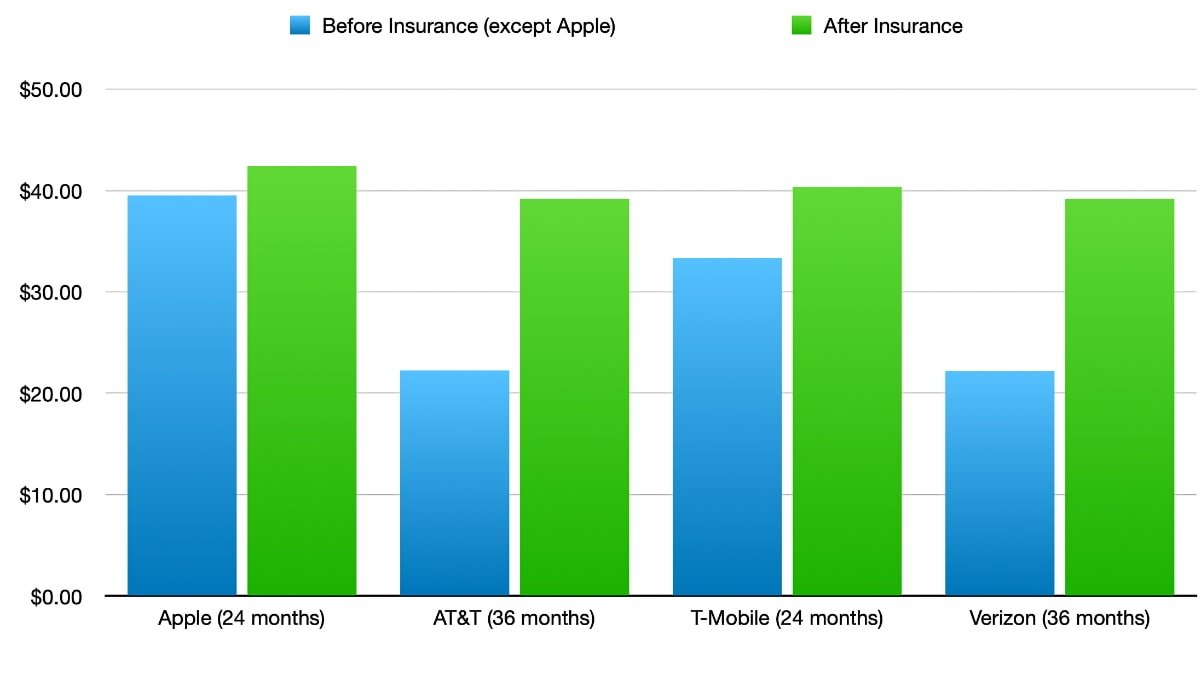 iPhone 14 128GB prices before and after insurance. Apple (24 months), AT&T (36 months), T-Mobile (24 months), Verizon (36 months).
iPhone 14 128GB prices before and after insurance. Apple (24 months), AT&T (36 months), T-Mobile (24 months), Verizon (36 months).A drawback of the program for some customers is sending the iPhone back to Apple instead of recouping some of the cost by selling the old model. On the other hand, a benefit of the program is that the iPhone isn't tied to a multi-year service contract.
The program works with AT&T, T-Mobile, and Verizon. Apple connects the new iPhone to the carrier, so customers don't have to do anything.
Carrier pricing for iPhone 14
Each carrier offers its version of the iPhone Upgrade Program by spreading payments, typically to 24 months, but some carriers spread the cost out further. These prices are for the iPhone 14 128GB model as an example.
- AT&T: $22.23/mo for 36 months
- AT&T Next Up: $28.23/mo for 36 months
- T-Mobile: $33.34/mo for 24 months
- Verizon: $22.22/mo for 36 months
AT&T says that customers must sign up for a 36-month installment plan to qualify for the iPhone 14 promotion. Existing customers may find other installment options in their account. AT&T has a support page with more information.
T-Mobile payment plan
T-Mobile has an old installment plan called Forever Upgrade for currently-enrolled customers. Unfortunately, it's no longer available for new enrollments.
Customers have to wait 24 months to upgrade to keep the locked-in trade-in value of their iPhones. They can upgrade to an eligible iPhone before then and lose the locked-in value.
Customers can lose Forever Upgrade benefits if they switch to an ineligible plan, trade in the iPhone for a non-eligible device, or trade in their device for an iPhone through a non-eligible channel, such as leasing.
Currently, T-Mobile offers upgrade options through its Magenta MAX plan. For example, customers can have 24 monthly bill credits for an iPhone 14 Pro by trading in an eligible device or switching to Magenta MAX.
Depending on the trade-in device, the carrier offers various amounts of money off a new purchase. For example, it provides up to $1,000 off by trading in an iPhone 11 Pro, iPhone 11 Pro Max, iPhone 12 Pro, iPhone 12 Pro Max, iPhone 13 Pro, or iPhone 13 Pro Max.
The lowest offer at up to $400 happens when a customer trades in an iPhone 7, iPhone 7 Plus, iPhone 8, iPhone 8 Plus, or iPhone SE second generation.
Without Magenta MAX, T-Mobile offers up to $500 off via 24 monthly bill credits when customers trade in an eligible device.
There is also a buy-one-get-one $700 off an iPhone 14 or iPhone 13 series device to get up to $700 off a second via 24 monthly bill credits when customers activate two or more new lines or add a line for existing customers.
The downside to T-Mobile is iPhone 14 preorders that happened on September 9. The carrier had technical difficulties due to high demand, and many customers could not preorder.
AT&T payment plan
AT&T offers the 128GB iPhone 14 for $22.23 per month and has an early upgrade plan called AT&T Next Up. Enrollment costs $6.00 per month, and customers get monthly bill credits toward the device with an eligible trade-in.
If customers are trading in for an AT&T device offer, credits typically start in 2-3 bill cycles once the old device has been received and verified by the carrier. For trade-ins without an offer, customers receive an AT&T promotional card for the value of their device.
Like T-Mobile, AT&T offers various amounts of money depending on trade-in value. For example, trading a 256GB iPhone 13 Pro for a 128GB iPhone 14 has an estimated value of $1,000.
This is better than Apple's offering of $600 for the iPhone 13 Pro trade-in for the same model of the iPhone 14.
Verizon payment plan
Verizon offers the 128GB iPhone 14 for $22.22 per month over 36 months. It provides up to $800 off when customers trade in an eligible device with specific Unlimited plans.
For example, trading in an iPhone 13 Pro gives customers up to $800 for new lines or $800 for an upgrade. New customers can receive a $200 Verizon gift card when they switch to the carrier.
Add a smartphone with a retail value of over $699.99 with monthly device payments to the cart, then activate a new smartphone line of service with select Verizon Unlimited plans. Customers will get a $200 Verizon gift card per switched line.
Verizon has a one-time fee of $35 for activating a new service device on its network.
iPhone insurance
The iPhone Upgrade Plan includes AppleCare+ coverage into monthly payments, so Apple is the exception under the "Before Insurance" chart. The monthly price will increase if a customer chooses to add AppleCare+ with Theft and Loss instead, from $4.16 more per month.
Verizon has an insurance program called Verizon Mobile Protect. Monthly charges depend on the type of device.
For example, an insured 128GB iPhone 14 costs $17 per month for a single device, with a $229 deductible.
T-Mobile has a protection plan called Protection 360. It costs $7.00 per month for a single device under Tier 1. Costs may change depending on the tier or level of accidental damage.
AT&T device protection is $14 or $17.00 per month per mobile number enrolled, depending on the device model. It offers various claims for loss, theft, and physical damage.
 Andrew Orr
Andrew Orr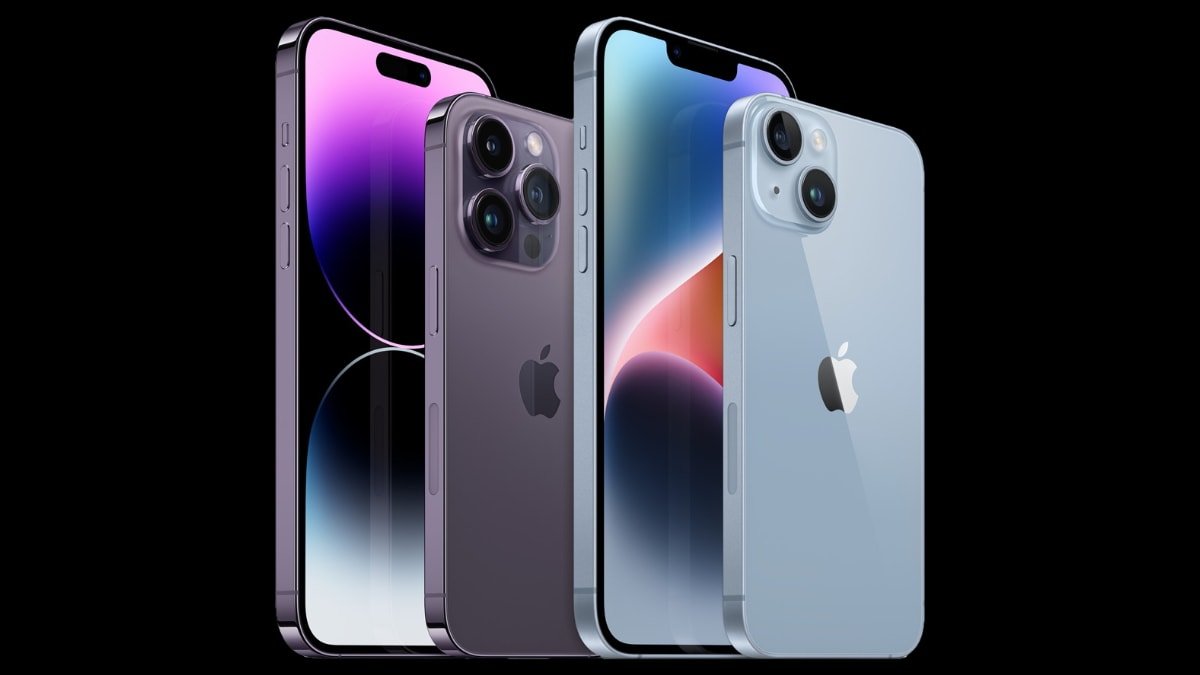
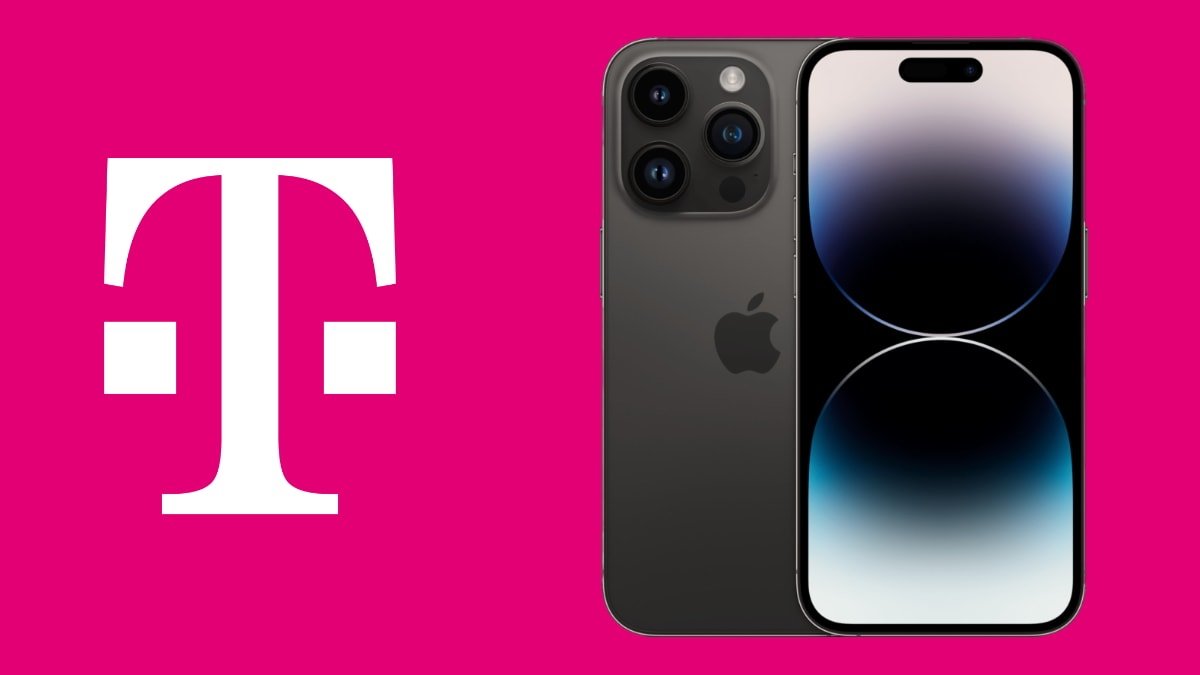
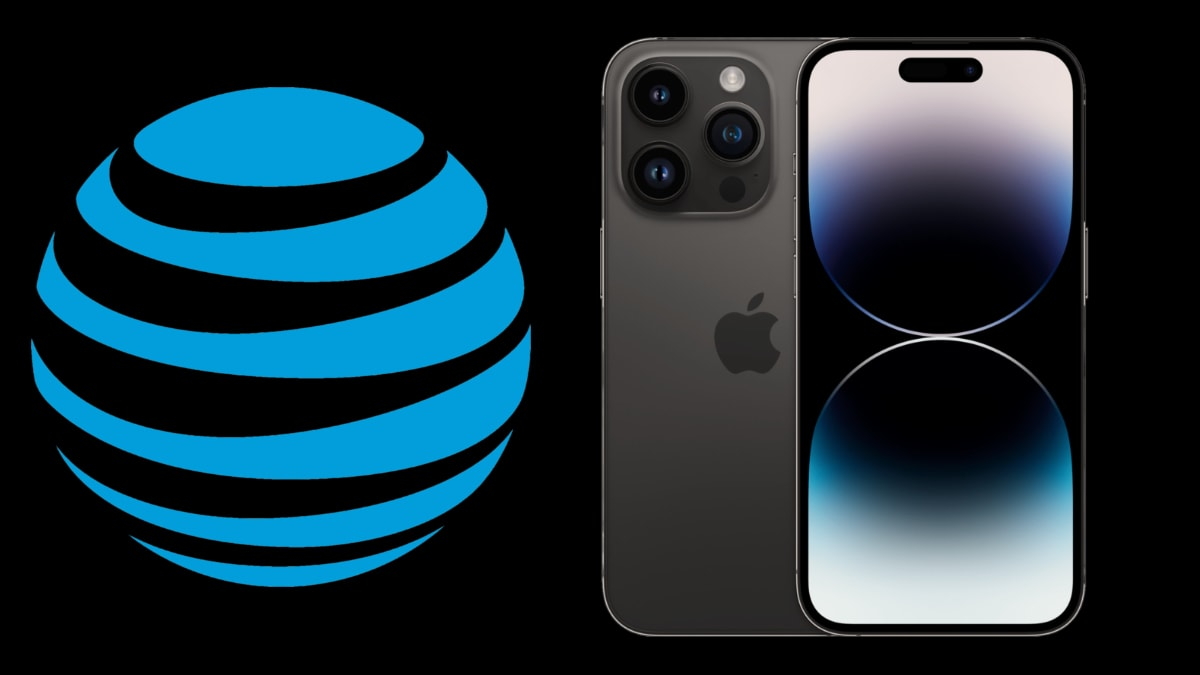
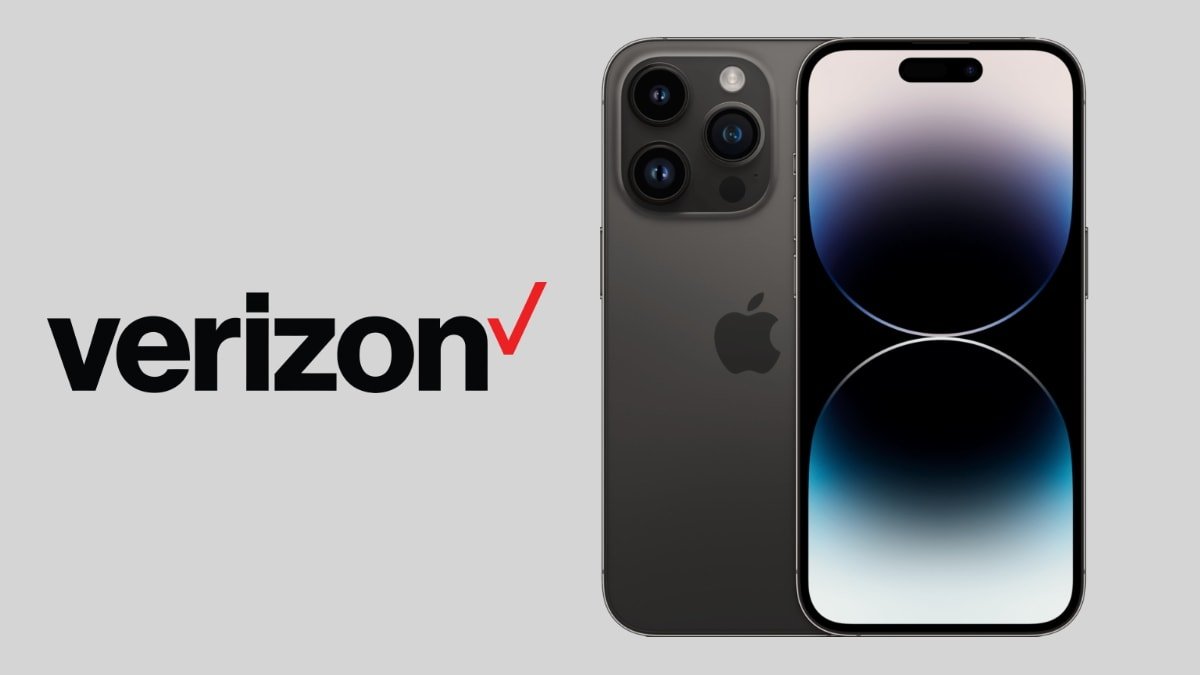
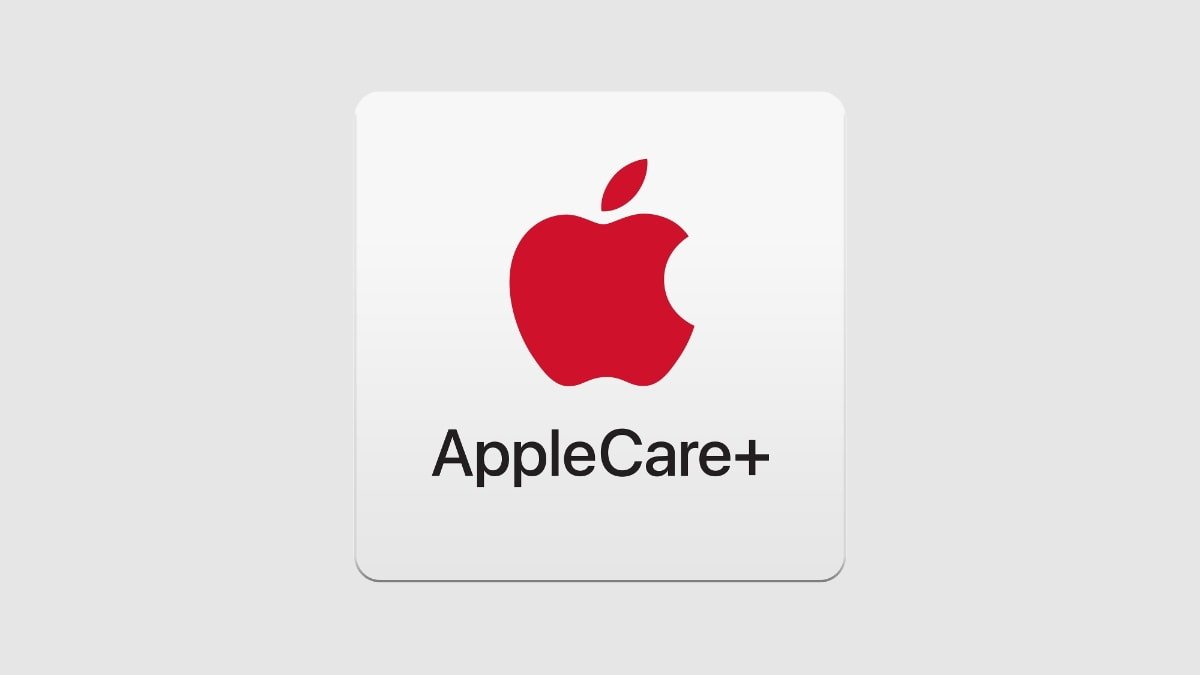







-m.jpg)






 Brian Patterson
Brian Patterson
 Charles Martin
Charles Martin


 Malcolm Owen
Malcolm Owen
 William Gallagher
William Gallagher
 Christine McKee
Christine McKee
 Marko Zivkovic
Marko Zivkovic









13 Comments
I’ve been with AT&T for a few years now. The insurance is not worth it. They want $200 a year plus the deductible if anything happens.
It’s not clear to me when one can get a new phone in the carrier plans. With the Apple Upgrade program, you can get the new phone after 12 payments with only the sales tax & possible carrier upgrade charge (AT&T is $35) due additionally. So you basically get a new phone after paying for half of your current one. Do the carriers make you wait for the full payment terms so you can only upgrade every 2 or 3 years? Before the Apple Upgrade program, I was on AT&T’s, and I could only upgrade every two years. Has that changed?
The upgrade plans aren't worth the time or trouble. Especially, carrier plans that extend the period to 36 mo.
I gave up on eBay b/c of the scammers and Trade In companies that try to lower the value of the phone after they receive it. Either way too much hassle.
What I do...
I have an iPhone 13 Pro that I purchased last year from Apple on their 24 mo 0% payment plan. The remaining balance that I paid off was $424.
$ 999 iPhone 14 Pro
$ -600 iPhone 13 Pro Apple Trade In value
$ 399 net cost plan to pay in full
$ 399 + tax = $424
So for a $ 424 each year I have a new top of the line phone, no monthly commitment and less hassle in my life. The same can be accomplished using a monthly plan but is more complicated b/c you need to pay off the previous iPhone.
Either way a new phone works out to
~ 1/3 MSRP when kept for 1 year
~ 2/3 MSRP when kept for 2 years
By upgrading every year, I have the latest iPhone and the freshest battery.
Purchase AppleCare or not, but NOT a requirement. Cost is similar or less than carriers and I would rather deal w/Apple than a carrier. https://www.apple.com/support/products/iphone/
Technically non of the carrier's require a "service contract." This is not going back to the old days of contracts for service with special pricing for those under contract.
What these are is special financing contracts. You're paying the full device price -- not a special contract price. With financing provided by the carrier. Usually 0% interest with even payments.
The incentives are not usually based on financing and you can get the incentive and pay cash for the phone up front.
You are still month to month on the service, but the financing is dependent on having service. If you decide to quit the service befoee the financing contract is fulfilled you can. They'll just "call the loan" and make the outstanding balance due up front. This is mainly due to the risk to them going up if you quit service.